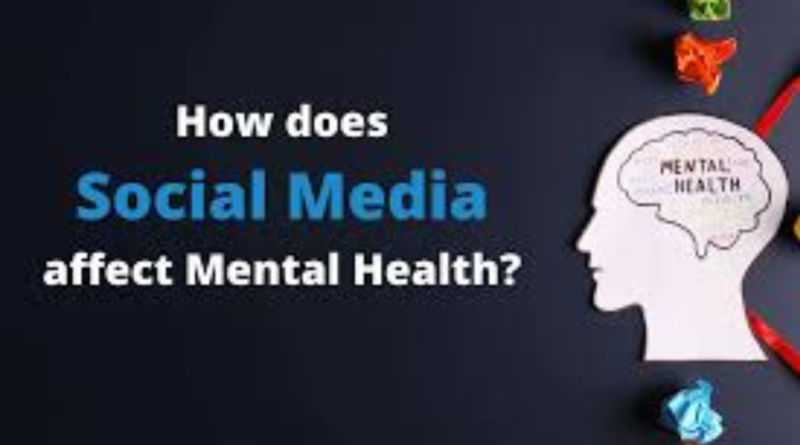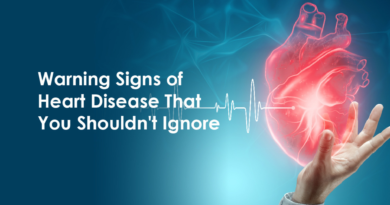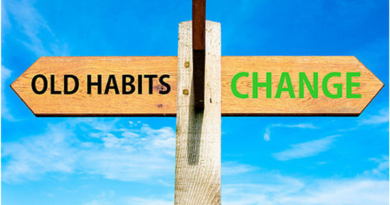HOW SOCIAL MEDIA IS INFLUENCING MENTAL HEALTH
In today’s world, social media has become a daily habit for millions of people. Platforms like Facebook, Instagram, Twitter, YouTube, and TikTok connect people from all over the world. They allow us to share photos, post updates, watch videos, and stay in touch with family and friends. Social media has changed the way we communicate, learn, and even do business. But at the same time, it is also shaping our mental health in both positive and negative ways.
Positive Effects of Social Media on Mental Health
Connection and Support
One of the biggest advantages of social media is that it helps people stay connected. For those who live far away from loved ones, social media gives them an easy way to keep in touch. It also provides emotional support during tough times. Online communities allow people with similar challenges such as anxiety, depression, or chronic illness to share their feelings and encourage each other.
Spreading Awareness
Social media has made it easier to talk about mental health issues openly. Campaigns, videos, and awareness posts help reduce the stigma around mental health. Many organizations and individuals use these platforms to educate people about self-care, therapy, and healthy lifestyles.
Motivation and Inspiration
People often find inspiration through social media. Motivational quotes, success stories, and positive messages can encourage individuals to keep moving forward in life. For students, professionals, and young people, these platforms can provide useful tips for learning, career growth, and mental well-being.
Access to Resources
In earlier times, it was difficult to find quick help for mental health. Now, with social media, people can easily find information about counseling, therapy, stress-relief exercises, or meditation techniques. Many mental health professionals also share free advice online, making support more accessible.
Negative Effects of Social Media on Mental Health
Addiction and Overuse
One of the most common problems is social media addiction. People spend hours scrolling through posts and videos, which reduces their productivity and disturbs their sleep. Too much screen time can also cause eye strain, headaches, and fatigue, which indirectly affect mental health.
Comparison and Low Self-Esteem
On social media, people often show only the best parts of their lives beautiful photos, achievements, or luxury lifestyles. This creates an unrealistic image of life. When others compare themselves to these “perfect” images, they may feel insecure, unworthy, or unhappy with their own lives. This is especially harmful to teenagers who are still developing their self-identity.
Cyberbullying and Harassment
Another major issue is online bullying. Many people, especially young users, face negative comments, insults, or threats on social media. This type of cyberbullying can lead to stress, anxiety, depression, and even suicidal thoughts.
Fear of Missing Out (FOMO)
Constant updates on what others are doing can make people feel left out. Seeing friends at parties, traveling, or enjoying events can cause feelings of loneliness or sadness. This “fear of missing out” creates unnecessary pressure to always stay online and be part of everything.
Sleep Problems
Many people use social media late at night. The bright screen light reduces melatonin (the sleep hormone), making it harder to sleep well. Poor sleep directly affects mood, concentration, and emotional health.
Finding a Balance
The influence of social media on mental health depends on how we use it. A healthy balance can bring more positive effects while reducing the negatives. Here are some tips:
Limit Screen Time: Set a daily limit for social media use. Try to take breaks and spend more time in real-life activities.
Follow Positive Content: Choose to follow pages that inspire, educate, or entertain in a healthy way instead of those that create stress or jealousy.
Avoid Comparisons: Remember that people usually share highlights, not their struggles. Focus on your own progress instead of comparing with others.
Use Digital Detox: Take short breaks from social media—maybe a day or weekend without it. This refreshes your mind and reduces dependency.
Seek Help if Needed: If social media is making you feel anxious, depressed, or lonely, do not hesitate to talk to a counselor, family member, or trusted friend.
Conclusion
Social media is a powerful tool. It has the ability to connect, inspire, and spread awareness, but it can also cause stress, insecurity, and loneliness if not used wisely. Mental health is just as important as physical health, and we must take care of it. By using social media in moderation and focusing on positive content, we can enjoy its benefits without letting it harm our well-being.
The key is not to completely avoid social media but to use it mindfully. When used responsibly, it can help us grow, connect, and stay informed while maintaining a healthy and happy mind.




